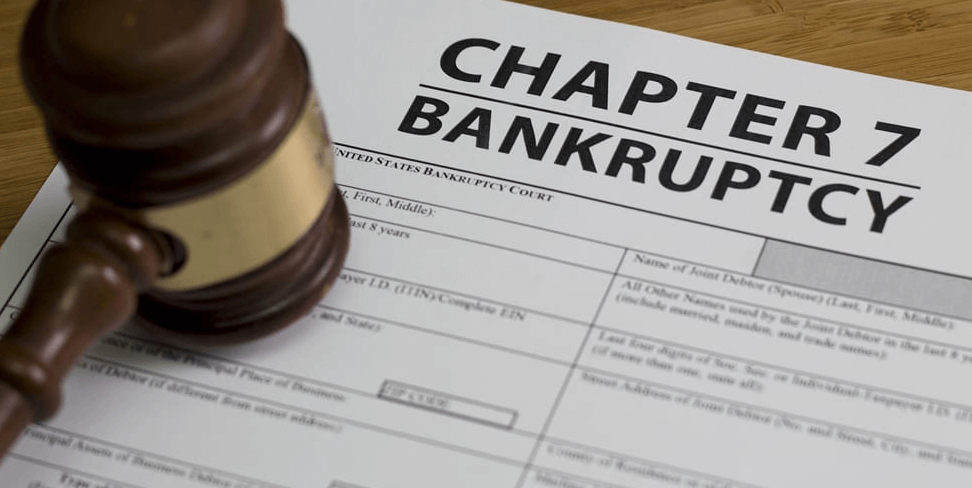rajkotupdates.news:deal-got-in-trouble-due-to-fake-spam-account-of-twitter

Are you using Twitter to expand your business rajkotupdates.news:deal-got-in-trouble-due-to-fake-spam-account-of-twitter network? If so, beware of fake Twitter accounts that could jeopardize your deals! Fake social media profiles have become more common in recent years, and they can be hard to spot. They may impersonate real people or organizations, use stolen photos and information, or offer too-good-to-be-true opportunities. In this blog post, we’ll explore the risks associated with fake Twitter accounts for businesses and provide tips on how to avoid being scammed. Don’t let a fraudulent account ruin your reputation or harm your finances – read on to learn more about this growing problem!
Background rajkotupdates.news:deal-got-in-trouble-due-to-fake-spam-account-of-twitter
Twitter is a widely-used social media platform rajkotupdates.news:deal-got-in-trouble-due-to-fake-spam-account-of-twitter that allows users to share short messages, links, images, and videos. It has become a popular tool for businesses to promote their products or services, connect with customers and partners, and engage in industry discussions. However, Twitter has also attracted scammers who create fake accounts to deceive unsuspecting users.
Fake Twitter accounts may look like legitimate ones at first glance but have different intentions. They may approach business owners or executives with tempting offers such as investment opportunities, partnership deals or product endorsements. Or they may impersonate well-known brands or personalities to gain followers and credibility.
The consequences of falling for fake Twitter accounts can be significant. Businesses could lose money by investing in non-existent projects or partnering with unreliable companies. They could also damage their reputation by associating themselves with fraudulent activities.
To avoid these risks, it’s essential to be vigilant when using Twitter for business purposes. By understanding the signs of fake accounts and taking precautions against them, you can protect your interests and build genuine relationships on this social media platform.
The Risks Associated with Fake Twitter Accounts
Fake Twitter accounts are becoming increasingly common, and they pose a significant risk to businesses. One of the most obvious risks associated with fake Twitter accounts is that scammers can use them to trick business owners into giving away valuable information or money.
Another risk is reputation damage. If your business is associated with a fake account that engages in spamming or other unprofessional behavior, it can hurt your brand’s reputation and turn off potential customers.
Furthermore, these fake accounts may also be used for phishing schemes where hackers try to obtain login credentials from unsuspecting users. This can lead to identity theft or unauthorized access to sensitive data.
In addition, fake Twitter followers could skew metrics and analytics for companies using social media as part of their marketing strategy. Having false followers will make it difficult for businesses to accurately measure engagement levels and ROI on campaigns.
It’s crucial that businesses take steps to protect themselves from the risks posed by fake Twitter accounts. By being proactive about monitoring their online presence and implementing security measures such as two-factor authentication, they can avoid falling victim to scams and ensure their brand remains safe online.
Ways to Avoid Being Scammed by Fake Twitter Accounts
Ways to Avoid Being Scammed by Fake Twitter Accounts
It’s important to be vigilant when conducting business on social media platforms like Twitter. Here are some ways to avoid being scammed by fake accounts:
1. Verify the Account: Before you engage with anyone on Twitter, verify their account first. Look for a blue checkmark next to their name, which indicates that they have been verified as an authentic user by Twitter.
2. Check the Followers: Take a look at the number of followers and engagement levels regarding tweets from the account in question. If it appears too good to be true or there is little engagement, then chances are that it might be a fake account.
3. Investigate Their Social Media Presence: Do your research rajkotupdates.news:deal-got-in-trouble-due-to-fake-spam-account-of-twitter and see if they have other social media profiles such as Facebook or LinkedIn where you can validate their credibility.
4. Trust Your Instincts: If something seems off about an interaction, trust your gut feeling and proceed with caution rather than impulsively clicking links or sharing sensitive information.
5. Be Wary of Offers That Seem Too Good To Be True : Chances are high that businesses will get approached with offers via direct messages of great deals but always remember these could also end up being scams so do not let yourself get carried away without verifying them properly first.
By following these simple steps above attentively, you’ll decrease your risk of falling victim to scammers who use fake twitter accounts for fraudulent purposes!
Conclusion
In today’s fast-paced digital world, it is easy to fall for the trap of fake Twitter accounts that promise quick business deals and partnerships. However, as we have discussed above, the risks associated with such accounts far outweigh any perceived benefits.
It is crucial to be vigilant and exercise caution when dealing with unknown entities on social media platforms like Twitter. Always verify the authenticity of an account before engaging in any business dealings or divulging sensitive information.
Remember, building a strong brand reputation takes time and effort. It is not worth risking your company’s integrity by associating yourself with fake Twitter accounts that could potentially harm your business in numerous ways.
Businesses should prioritize authentic engagement on social media instead of resorting to shortcuts that could lead them down a path they would regret later. Stay safe online!






























